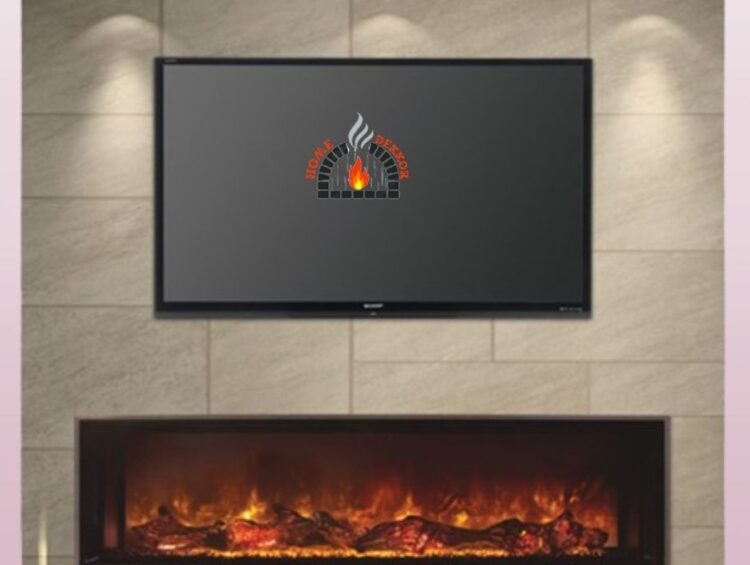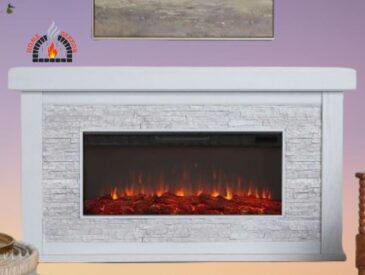A fireplace is an embodiment of beauty and comfort, imparting natural warmth and adding significant value to your abode.
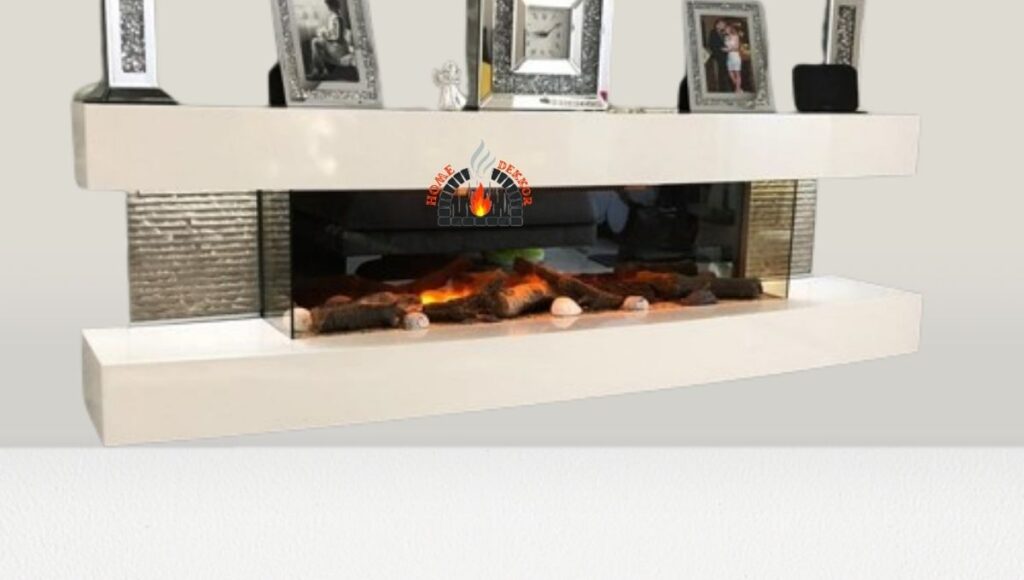
However, traditional wood-burning fireplaces can introduce safety concerns, from burns to potential fire hazards and carbon monoxide emissions. Moreover, they contribute to environmental pollution
Enter the electric fireplace: a cost-effective, emission-free alternative that efficiently warms a room. But does it truly enhance a home’s value, and how does it compare to its wood-burning counterpart?
Does an Electric Fireplace Add Value to a Home?
Integrating an electric fireplace is an excellent means to augment your home’s worth, potentially increasing resale value by as much as $5,000, contingent on its aesthetic appeal. Nevertheless, it’s important to acknowledge that it may not add as much value as a wood or gas fireplace.
Some individuals perceive it as lacking the “authenticity” of a wood-burning fireplace. The latter can also be more intricate to install, sometimes necessitating wall insertion, thus incurring higher installation costs.

Moreover, electric fireplaces can be costly to operate, which might deter certain buyers. While most units consume between 1 kWh and 1.5 kWh of electricity per hour, amounting to approximately $0.15 to $0.23 per hour, expenses can accumulate during constant winter use, adding an extra $150 to $170 to your monthly energy bill.
In comparison, firewood costs range from $50 to $100 per cord, lasting 6 to 10 weeks as the primary heat source in winter. Additionally, it’s crucial to note that electric fireplaces rely on a power source;
during a power outage, they become non-functional unless a backup generator is available. These factors collectively contribute to a relatively lower overall added value with electric fireplaces.
How Much Do Electric Fireplaces Cost?
On average, electric fireplaces are priced between $700 and $1,000, representing a sound investment considering the value they impart to your home. Furthermore,
there are models available for as little as $200. In contrast, traditional fireplaces range from $850 to $3,500, excluding installation expenses. Based on these figures, it’s evident that you’re likely to recoup your costs, if not more.
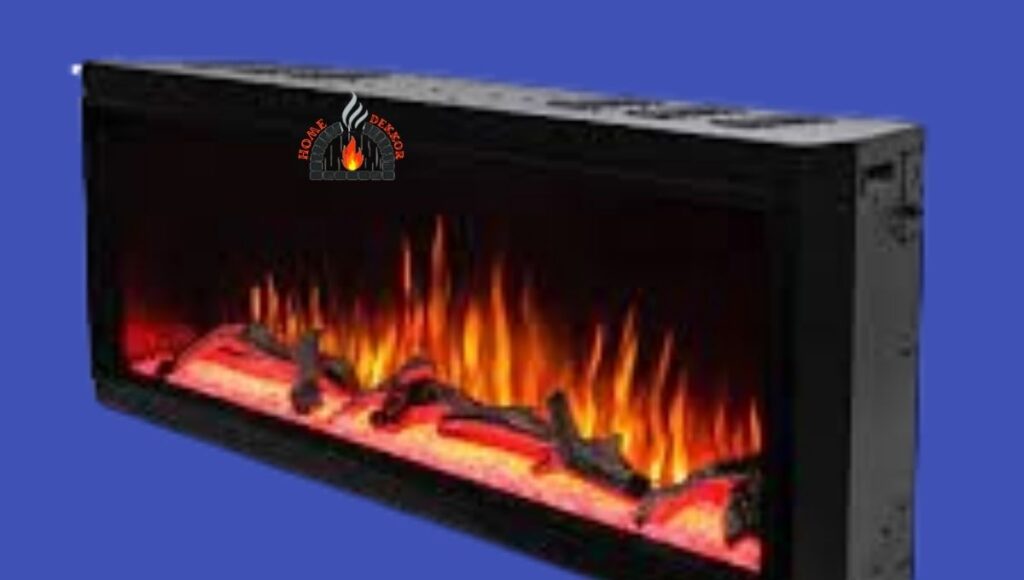
Six Additional Benefits of Electric Fireplaces
While electric fireplaces may not increase a home’s value to the extent of traditional fireplaces, they possess unique advantages that shouldn’t be overlooked:
Minimal Maintenance: Unlike their counterparts, electric fireplaces require minimal upkeep. Aside from an occasional light bulb replacement every few years, they demand very little in terms of maintenance. No costly professional cleanings or component replacements are necessary.
Enhanced Safety: Electric fireplaces eliminate concerns about inhaling harmful smoke and fumes, as well as the risk of accidental burns or flammable object proximity. They offer peace of mind, particularly for families with children or pets.
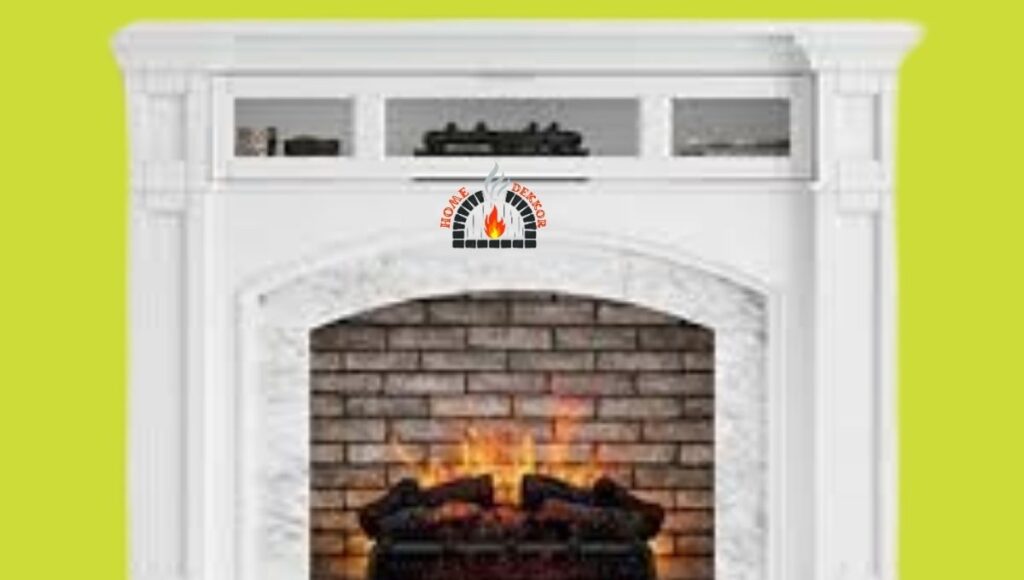
Cost Efficiency: These fireplaces are notably cheaper to operate compared to conventional heaters, boasting higher energy efficiency. They lose just 1% of the heat they generate, in stark contrast to wood-burning fireplaces, which lose between 80% and 90% up the chimney.
Related: fireplace cost efficiency easy Installation: Installing electric fireplaces is surprisingly straightforward. Unlike wood-burning or gas options,
they don’t necessitate exterior venting or gas lines. With a basic understanding of carpentry and electrical work, you can even tackle the installation yourself.
Additionally, most models can be plugged into a standard 120-volt outlet, eliminating the need for a dedicated electrical source. This flexibility allows for installation in various locations, provided they meet safety requirements and are against a wall.
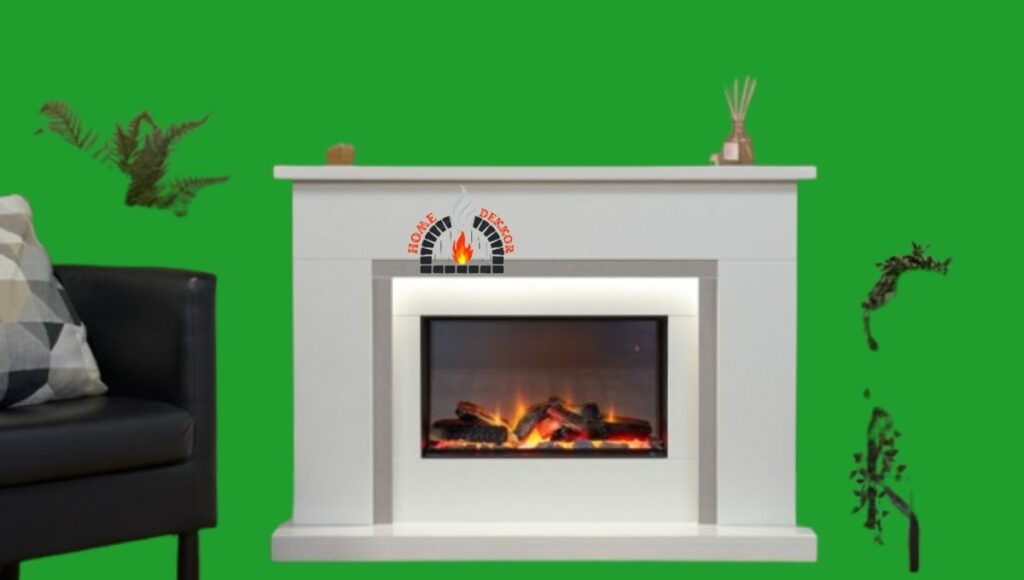
Space Efficiency: These fireplaces are space-saving, making them suitable for smaller rooms. Available in multiple sizes, some units are as compact as 14 inches.
They’re offered in both horizontal and vertical orientations to accommodate your room’s dimensions.
Customizable Settings: Unlike traditional fireplaces, electric models offer precise heat control without the need to leave your seat.
Equipped with remote controls and on-screen LED displays for temperature adjustments, they also feature multiple color themes and functions for a delightful user experience.
Conclusion: For those seeking to enhance their home’s value, an electric fireplace is a wise investment. It seamlessly integrates into your living space without consuming excessive room.

The benefits it brings far outweigh the initial installation cost, making it a valuable addition to any home.

